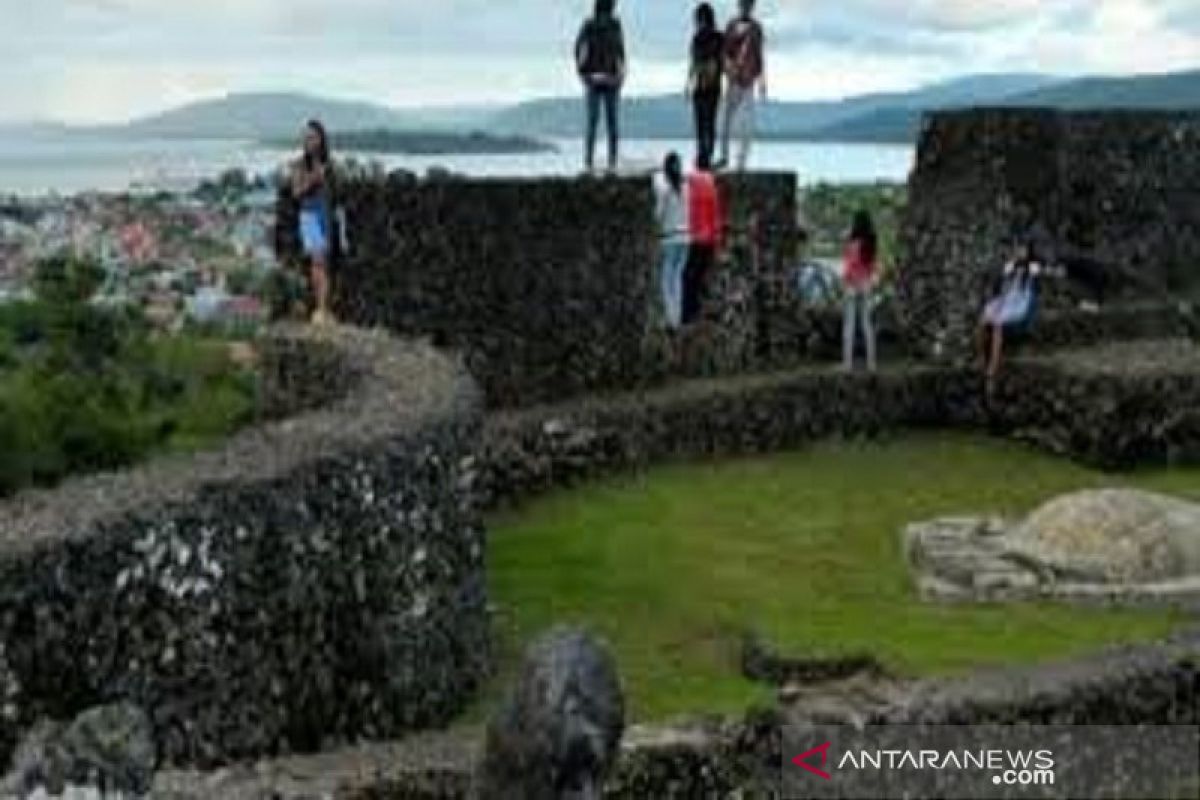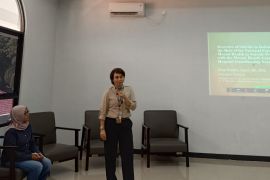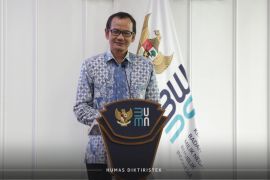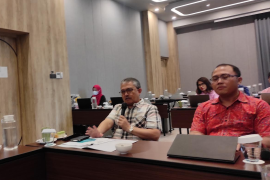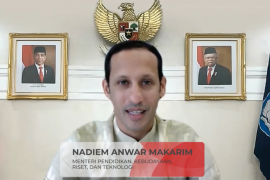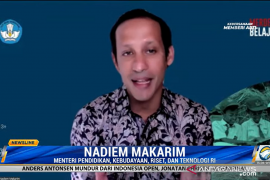"However, that commitment and support can be realized if we build it together, starting from the central government to regional governments, and everyone that should be directly involved in these cultural activities," Director of Cultural Protection at the ministry Irini Dewi Wanti noted.
Wanti handed over a certificate from the of Education, Culture, Research and Technology Ministry to the Baubau city government. The certificate stipulated the designation of Wolio Fort as a national-level cultural heritage area.
The Baubau city government and the community must prove the 'Outstanding Universal Value' of the Wolio Fort if they are aspiring for the Buton people's cultural heritage to be recognized or be considered as world heritage, according to a statement from the Baubau city government received in Kendari on Tuesday.
Related news: Fortress of Buton -- a site worthy of global recognition
"When we speak about cultural heritage or intangible cultural heritage proposed to a higher level that is recognized by UNESCO, then together, we must show that there is extraordinary importance or what is often called Outstanding Universal Value. This is what we must prove," she reminded.
Wanti also urged people to maintain the ecosystem within the cultural heritage, through preservation and protection, as it would contribute to the maintenance of a cultural heritage site, such as Wolio Fort.
According to Wanti, the cultural progress must encompass four aspects of protection, development, utilization, and guidance that should be conducted simultaneously.
The Royal Buton Fort is known as Wolio Fort, as it was built on Wolio Hill in Baubau City. The fort spans 23,375 hectares, with perimeter of the walls totaling 2,740 meters.
Related news: Baubau city needs to develop maritime industry and services: expert
Translator: Abdul Azis Senong, Mecca Yumna
Editor: Rahmad Nasution
Copyright © ANTARA 2021
